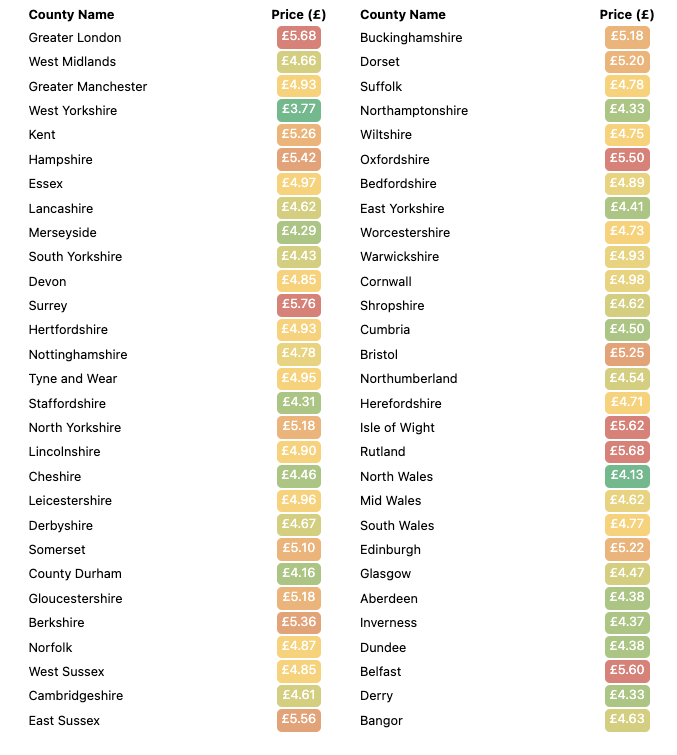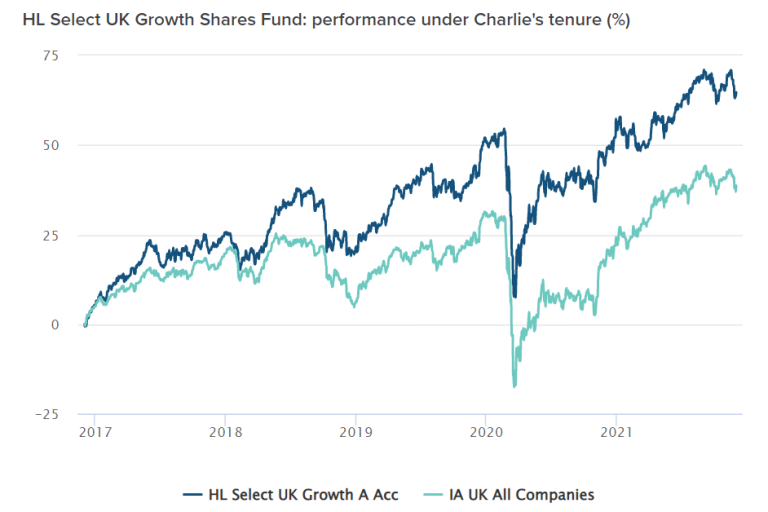From a wide range of backgrounds in South London, young people are being encouraged to become construction apprentices in an aim to fill the vacancies at sites across the city.
Thousands of roles need to be filled at building sites across London as research shows more than 4,000 jobs will need to be filled every year for construction projects to be completed on time.
A campaign has been launched in a bid to meet these ambitious targets by highlighting the wide range of jobs that are available to apprentices in construction. The campaign includes two virtual information events, which are taking place later this month.
The South London Partnership (SLP) campaign is seeing councils, colleges and businesses in South London working together to find the construction apprentices and tutors needed across the industry.
Shane Routledge-McDonald, 21, an apprentice site manager with the Berkeley Group working on the creation of 926 apartments at the iconic Prince of Wales Drive development in Battersea, said: “After school I wanted to be able to find a way to expand my education while learning something new, and an apprenticeship ticked all those boxes.
“Ever since I’ve been young I’ve had a keen eye for detail and I liked making floor plans for my parents. When I looked into construction, site management suited me and what I wanted to do for a career.”
Shane is studying at Farnborough College of Technology to learn the skills needed to create the Prince of Wales Drive development, which includes resident facilities such as a swimming pool, bar, karaoke room and cinema. Following up on why apprenticeships are a good route into employment, he explained:
“I’d encourage anyone to become an apprentice because you get paid and you can actually see the job getting done rather than being in a room and someone just talking to you about the subject. You also gain skills a lot faster, and looking to the future, I want to complete this apprenticeship and my NVQ and then work up the ranks to become a project director.
“When I wake up in the morning it always puts a smile on my face knowing that I’m not only doing a job I love, but I’m also making my family proud as well.”
Supported by the Mayor of London, the SLP initiative comes after research revealed that more apprentices and tutors are needed across the city.
The South London Partnership is a sub-regional collaboration of five London boroughs: Croydon, Kingston upon Thames, Merton, Richmond upon Thames and Sutton. Apprenticeships are available in hundreds of careers including as a 3D Visualiser, Gas Service Installer, Building Technician or a Glazier.
The Construction Industry Training Board (CITB) recently released its annual Construction Skills Network (CSN) report which shows that Greater London needs 22,800 extra workers by 2027 – that means an annual recruitment boost of 4,560 must happen.
Tutors from a range of backgrounds are also needed to help apprentices achieve the qualifications they need to progress in the construction industry. They will be responsible for providing the support needed for apprentices to develop their technical skills – as well as professional attributes such as communication, problem-solving and teamwork abilities.
The virtual events include one for anyone wanting information on becoming a tutor on March 27 at 5pm https://www.eventbrite.com/e/become-a-tutor-in-construction-find-out-more-tickets-576344861997 and one for apprentices on March 30 at 4.30pm https://www.eventbrite.com/e/apprenticeships-in-construction-find-out-more-tickets-576195144187
For more information email [email protected] or visit http://southlondonpartnership.co.uk/skills/mayors-construction-academy-hub/












